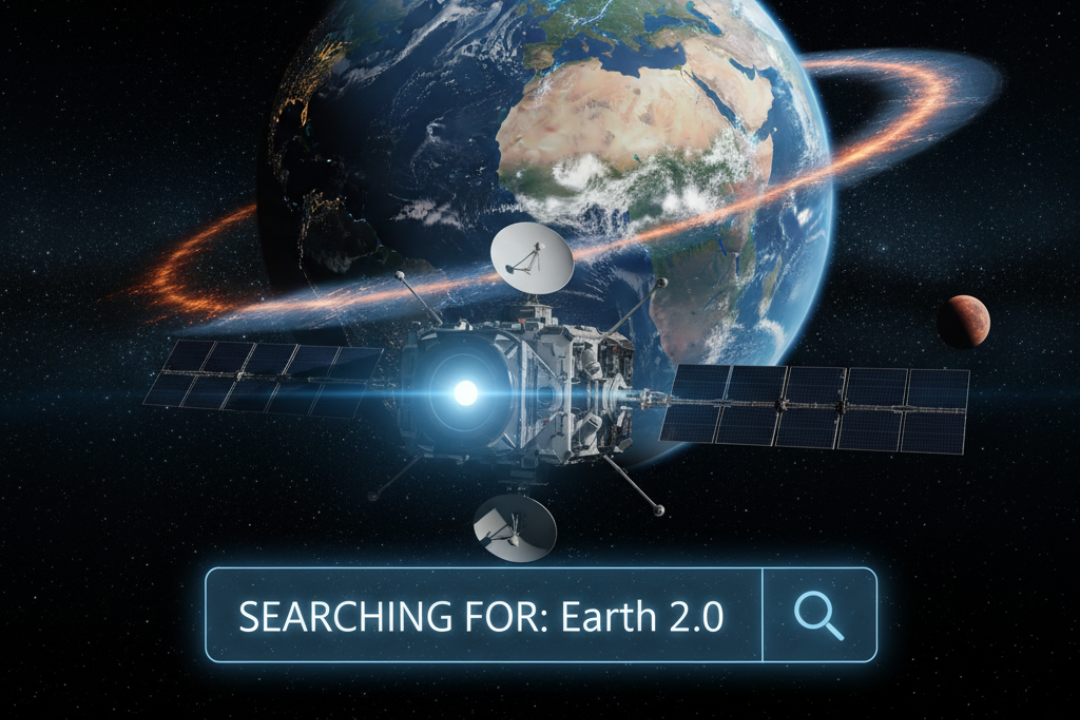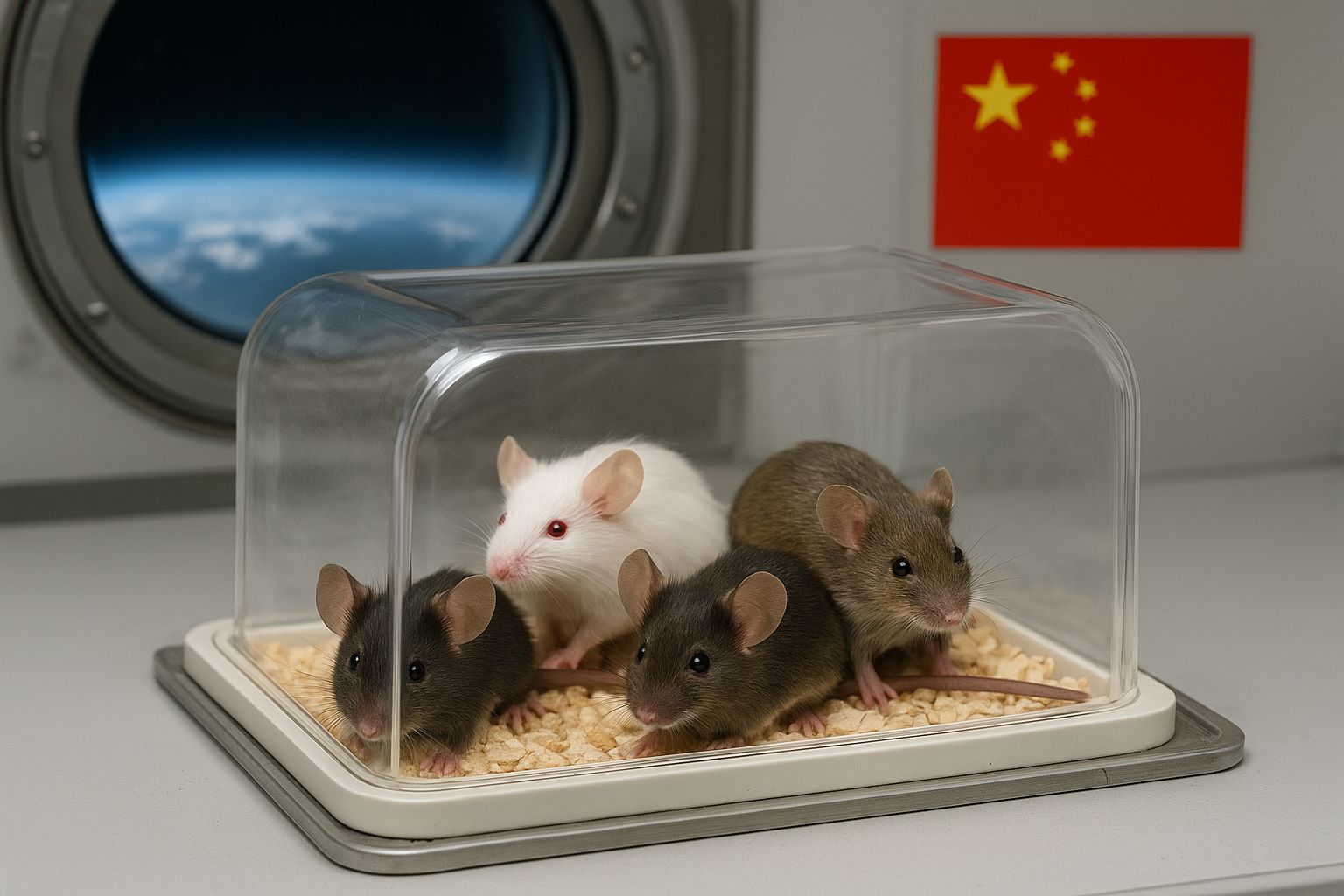One day in the near future, the Earth’s orbit may be teeming with mechanisms small enough to fit under your bed at home. Demand for these tiny “shoebox” satellites, aka nanosatellites, is expected to skyrocket over the next several years, and some Chinese space startups are trying to get ahead of the curve.
The advantage of these mini satellites is their light weight, often under 10 kg (22 lbs), which allows them to be launched at a fraction of the expense compared to traditional satellites. The catch is that, in order to reap the benefits, companies will have to launch a bunch of them – enough to form constellations, or groups of nanosatellites that are capable of acting as a single entity.
April 19, 2019, LinkSpace reusable rocket NewLine Baby had successfully accomplished the second free flight and recycling test. The flight time is 30s, the flight height is 40m. In the second half of the year, we are planning to recycle the rocket at a height of 1km. pic.twitter.com/dueX4v27Xb
— Linkspace (@Linkspace_China) April 20, 2019
So how do you get fleets of small, relatively cheap satellites into space, affordably and efficiently as a small start-up with limited funding? For Beijing-based space exploration company LinkSpace, the answer is small, cheap, reusable rockets. LinkSpace already has a prototype of its own that fits these parameters – the NewLine Baby.
NewLine Baby, which stands just 8.1 meters tall (27 feet) and weighs in at 8.1 tons, performed two successful vertical liftoffs and landings in the last two months, the most recent one reaching 40 meters before descending back to the ground. Not bad for a company being run by 26 year-old Hu Zhenyu, China’s youngest space entrepreneur.
Related:
 China Dreams of Extraterrestrial Tourism as the Country’s Private Space Race Takes OffArticle Jul 19, 2018
China Dreams of Extraterrestrial Tourism as the Country’s Private Space Race Takes OffArticle Jul 19, 2018
Hu and LinkSpace, much like Elon Musk’s SpaceX, are banking on the reusable rocket approach to deliver loads of nanosatellites into orbit. Other Chinese space start-ups are choosing different routes though, like OneSpace, a company focusing instead on disposable boosters rather than rockets.
Since China’s private space race took off in 2014 when the government formally announced it would “encourage private capital’s participation in China’s construction of civilian space infrastructure”, close to 100 Chinese start-ups have jumped into the game. Last year, equity investment in Chinese space-startups reached $533 million; and it seems things are getting off the ground.
Cover photo: Kurt Cotoaga on Unsplash


















